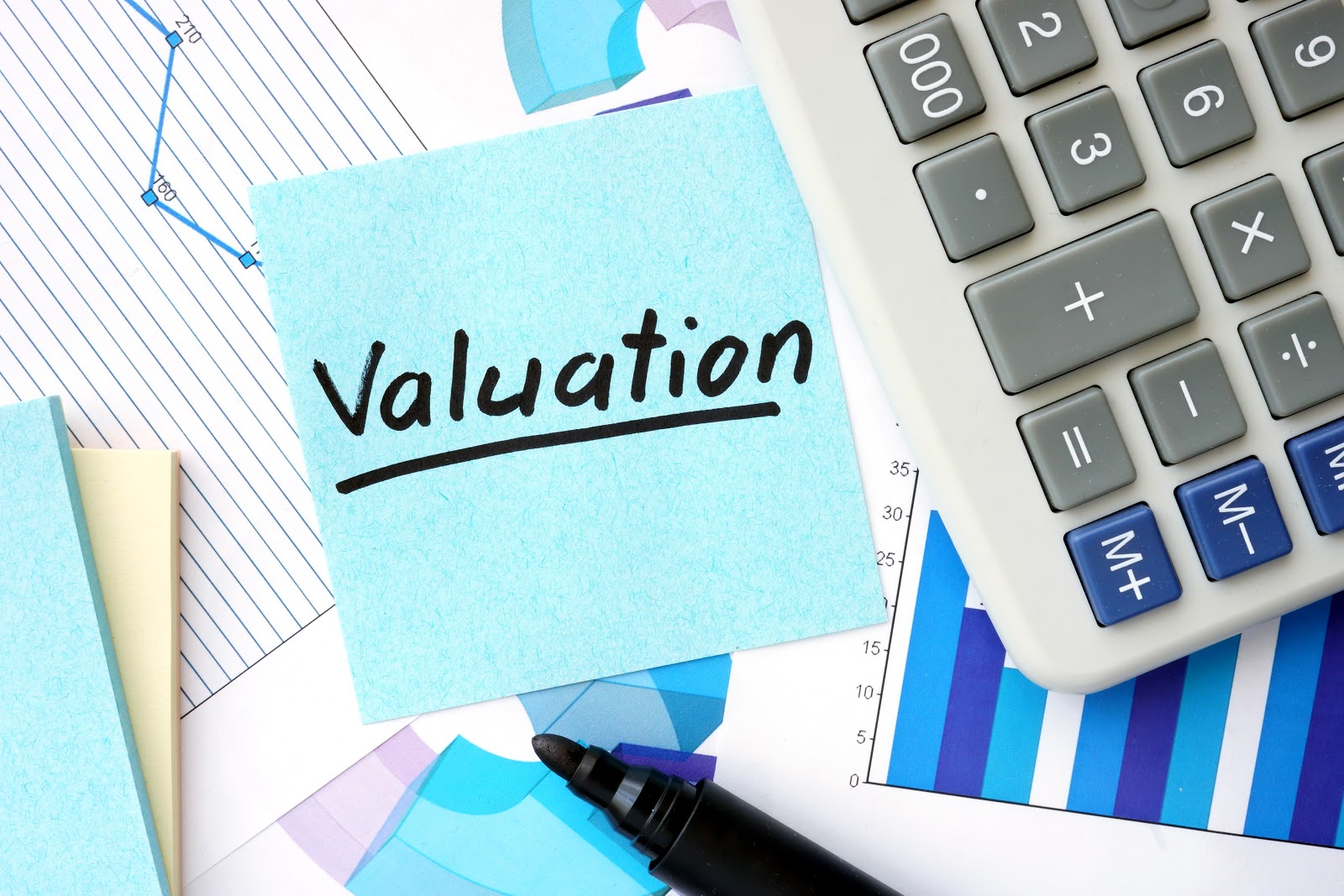There are four main valuation methods used to determine the value of a business. The variety of methods is actually important because no single method or formula is perfect on its own. It is wise to choose a valuation utilizing multiple valuation methods for a company to determine the most accurate price for the business. Below, you will find four typical valuation methods.
#1) Earnings-Based Valuation Methods
Earnings-based business valuation methods value your company by its ability to be profitable in the future. It is best to use earnings-based valuation methods for a company that is stable and profitable. There are two main approaches:
Capitalization of Earnings
The Capitalization of Earnings method assumes the calculations for a single time period will continue and calculates future profitability based on cash flow, annual ROI, and expected value.
Multiple of Earnings
The Multiple of Earnings method, like Capitalization of Earnings, values a business by its future profitability. However, this method calculates a company’s worth by assigning a multiplier to its current revenue. The appropriate multiplier varies widely depending on the specific industry, current market trends, and economic climate.
#2) Asset-Based Valuation Methods
Asset-based business valuation methods center on your company’s book value. It begins with a clear cut look at your company’s total net asset value, less total liabilities, according to your balance sheet. The method becomes less clear-cut when adding the value of intangible assets like customer lists, branding, trademarks, and copyrights. There are two main approaches to an asset-based valuation:
Going Concern
Going Concern is the approach to asset-based valuation methods for a company that expects to continue operating and growing. After referring to the balance sheet, negotiations will likely focus on the assumed value of those intangible assets.
Liquidation
Liquidation is the approach to asset-based valuation methods for a company that is closing and liquidating its assets. This is an important distinction from the Going Concern approach because the liquidation value of assets is typically below fair market value.
#3) Market-Based Valuation Methods
Market-based business valuation methods determine the value of your business by comparing it to similar companies that have recently sold. The helpfulness of this comparison depends, of course, on your access to sufficient market data on your competitors, and sufficiently comparable competitors at that. Because of the difficulty in comparing, there are many limits to this method, but there are two main approaches to market-based valuation methods for a company to choose from:
Sales-Based
In a sales-based approach, you compare the revenue of your business to the sales of a similar business that has recently sold, and use this data to calculate a Sales Multiple. For example, if the competitor’s revenue was $3MM, and that company sold for $1.5MM the Sales Multiple is 0.5x.
Profit-Based
In a profit-based approach, you compare your business’s profits to the profits of a similar business that has recently sold, and use this data to calculate a Profit Multiple. For example, if the competitor’s profits were $500K, and that company sold for $2.5MM, the Profit Multiple is 5x.
#4) Income-Based Business Valuation Methods
Also known as the Discounted Cash Flow (DCF) method, the income-based valuation method requires careful calculations and, most likely, a business consultant. It is best to use income-based valuation methods for a company with a large potential for growth. In this approach, value is based on your company’s projected cash flow, which is then partially discounted to account for risk.
Remember, no single formula is perfect, so it is prudent to choose a valuation utilizing multiple valuation methods for a company to determine the most accurate price for the business. Better yet, reach out to us. Request a custom valuation of your business for the most accurate picture of what your business would likely sell for, and how long it might take to complete the transaction.


